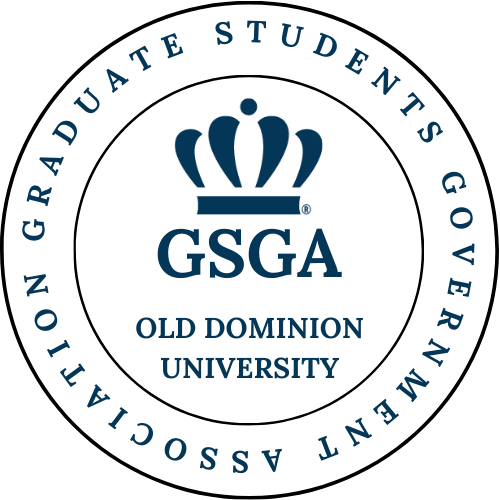Multilingualism and Linguistic Discrimination in School: Building Tolerance Towards Linguistic Diversity
College
College of Arts and Letters
Department
Communication & Theatre Arts
Graduate Level
Master’s
Graduate Program/Concentration
Lifespan and Digital Communication
Presentation Type
No Preference
Abstract
Linguistic discrimination refers to the mistreatment of individuals who either speak with an accent or speak languages that are unfamiliar to a hegemonic community. This discrimination results in people being excluded from various settings, including educational environments, workplaces, and social interactions. In this research, I demonstrate how multilingual children face obstacles in American public schools due to misunderstandings stemming from linguistic discrimination. I assess the othering of these students and suggest paths for both improving intercultural communication between students and teachers and for supporting multilingual education. Ultimately, the purpose of this research study is to show the values of linguistic diversity in educational settings, and to combat linguistic discrimination by building greater tolerance for linguistic diversity.
Keywords: multilingualism, linguistic discrimination and linguistic racism, linguistic stereotyping, ethnic accent bullying, bi-(multi-) lingual K-12 education
Keywords
Multilingualism, Linguistic discrimination and linguistic racism, Linguistic stereotyping, Ethnic accent bullying, Bi-(multi-) lingual K-12 education
Multilingualism and Linguistic Discrimination in School: Building Tolerance Towards Linguistic Diversity
Linguistic discrimination refers to the mistreatment of individuals who either speak with an accent or speak languages that are unfamiliar to a hegemonic community. This discrimination results in people being excluded from various settings, including educational environments, workplaces, and social interactions. In this research, I demonstrate how multilingual children face obstacles in American public schools due to misunderstandings stemming from linguistic discrimination. I assess the othering of these students and suggest paths for both improving intercultural communication between students and teachers and for supporting multilingual education. Ultimately, the purpose of this research study is to show the values of linguistic diversity in educational settings, and to combat linguistic discrimination by building greater tolerance for linguistic diversity.
Keywords: multilingualism, linguistic discrimination and linguistic racism, linguistic stereotyping, ethnic accent bullying, bi-(multi-) lingual K-12 education


